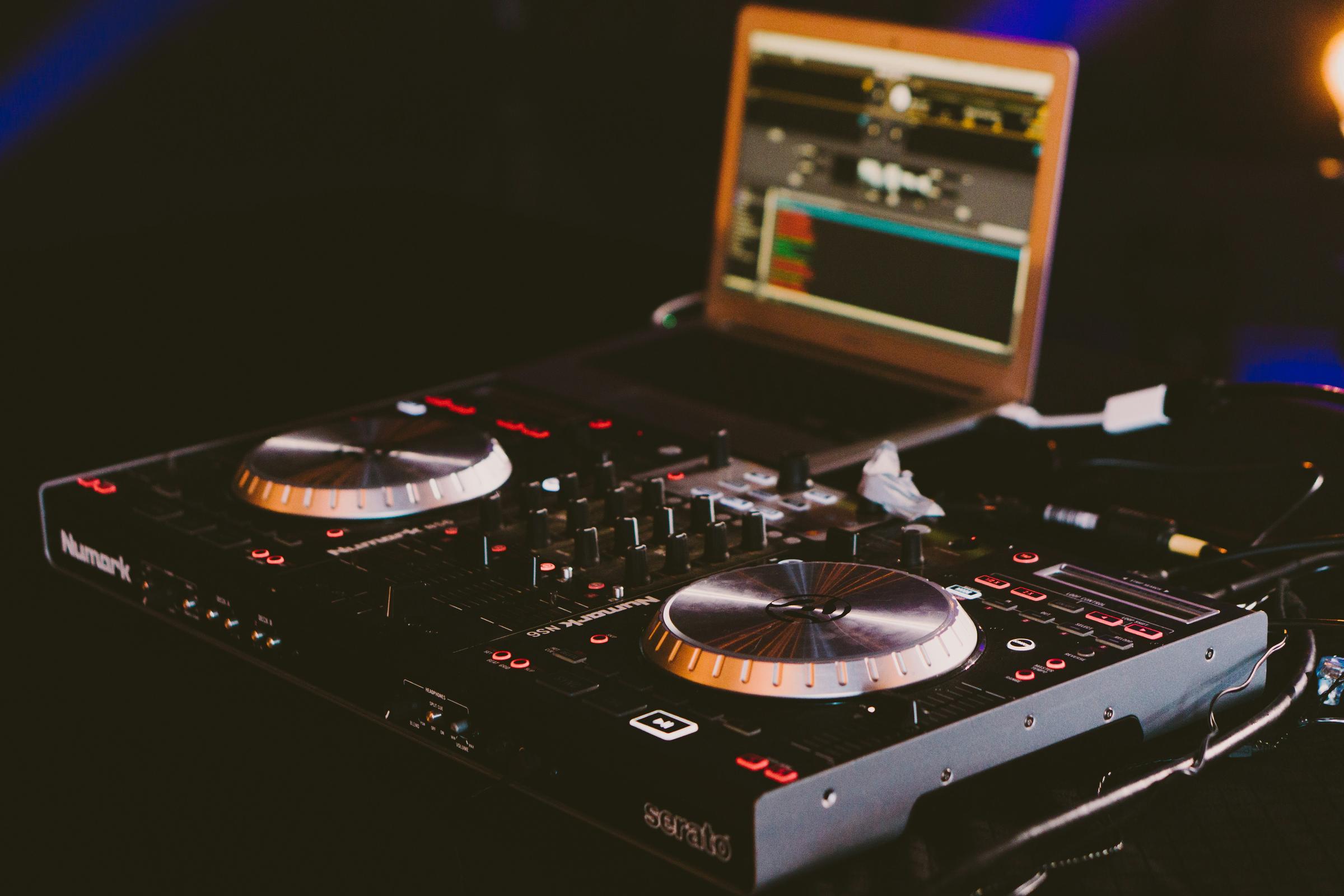Job Spotlight - How to become a DJ

How to become a DJ
We all love a good DJ, but have you ever thought of making it your career?
DJs (or Disc Jockeys) are artists who play and mix exciting music to live audiences in all kinds of situations and events. They most commonly work in nightclubs, concerts, festivals, weddings, parties, and on the radio.
Passionate about music, know how to curate a good vibe, and enjoy working in the public eye? DJ-ing could be your absolute dream job.
What skills do I need as a DJ?
- Detailed knowledge & love of music
- Good technical skills
- Understanding of sound equipment & software
- Productions skills & creativity
- Excellent networking & social media skills
- Confident & easy-going
- Willing to work non-traditional hours
- Reliable & independent
What does the job involve?
- Selecting tracks for each set
- Curating music based on the audience or theme
- Scheduling and arranging the tracks to a strict time frame
- Ensure the tracks flow together well by mixing or fading
- Giving introductions or short commentary
- Preparing and conducting interviews
- Liaising with event co-ordinators and sound crews
- Setting up and operating kit
- Hosting and delivering shows
What industries do DJ’s typically work in?
- Entertainment & Nightlife
- Radio & Programming
- Arts & Recreation
What Career Cluster do DJs belong to?
Because of the highly creative and technical nature of the role, DJs are often Innovators. They are also executors with great hands-on skillsets, so Makers are also often attracted to careers as DJs.
What kind of lifestyle can I expect?
As a DJ, your lifestyle can be exciting and dynamic but also demanding. DJs often work late nights, weekends, and holidays, and it’s way more common for DJs to work part-time. Gigs at clubs, bars, and events typically start in the evening and go into the early morning hours, so your schedule could be challenging but also rewarding for those night owls among us.
Many DJs travel extensively, performing at venues in different cities and countries. This can be an exciting way to see the world and experience diverse cultures, but it also means being constantly on the move, and not being at home very much. It’s a non-traditional lifestyle, but a very rewarding one for those who are super passionate about music and performance.
For a snapshot of what it might be like, check out this day in the life of a DJ.
How to become a DJ
With the necessary skills and equipment, and lots of dedication and practise, you could become a DJ without any formal qualifications. Completing Year 10 with a focus on English and Maths will definitely be useful, and completing Year 12 could provide you with further opportunities and make you a more competitive DJ.
If you want to progress fast, it’s a good idea to get relevant vocational qualification with at least some practical experience, such as a Certificate III or IV in Music Industry (Sound Production). You could also think about getting a Diploma of Music Industry (Sound Production) to enhance your knowledge and promote your skills.
There are also lots of short courses and workshops you could take that will provide you with insight and experience in DJ-ing, such as mixing and mastering, music production, and sound design.
You might also like to consider doing a Bachelor’s or postgraduate degree if you’d like to learn in-depth or want to get ahead professionally. Some examples include:
Some DJs also choose to specialise in one particular area, such as club DJ-ing, radio DJ-ing, mobile DJ-ing for events, or music production.
What can I do right now to work towards this career?
If you’re in high school and you’d like to find out if a career as a DJ is right for you, here are a few things you could do right now:
- Find a reputable DJ in your area and see if you can shadow them for a day or train under them. This hands-on experience can be awesome for gaining practical skills and learning the tools of the trade.
- If you haven’t already, immerse yourself in the world of music. This is the most important step toward becoming a DJ. Listen to different genres, attend live events, and observe different DJ-ing styles.
- Volunteer or take on part-time jobs at music events or radio stations. You should be prepared to do lots of setup and breakdown of equipment, as well as assisting with sound checks.
Where can I find out more?
Find out more about how to become a DJ here:
Similar careers to DJ
- Music Therapist
- Radio Presenter
- Music Teacher
- Music Producer
- Event Organiser
Find out more about alternative careers.